During my seven years at Reuters I dove into corporate strategy across a range of industries, including real estate, insurance, consumer goods, industrials and chemicals. I analyzed thousands of data points, investigated legal, investment and M&A strategies, dissected earnings statements and picked the brains of executives at some of the world’s largest companies.
But I am most proud of my work covering the monumental transformation of the global auto and transportation industry towards an electric, zero-emissions future. I analyzed efforts to decarbonize the sprawling automotive supply chain, satisfy the growing need for battery raw materials, and build out effective EV charging networks - all while remaining commercially viable and cost-competitive.
Talking to Fortune-500 executives, startup founders, investors, researchers and regulators allowed me to gain a comprehensive perspective on some of the most complex environmental challenges.
Below is a selection of my favorite stories.
Research & Journalism
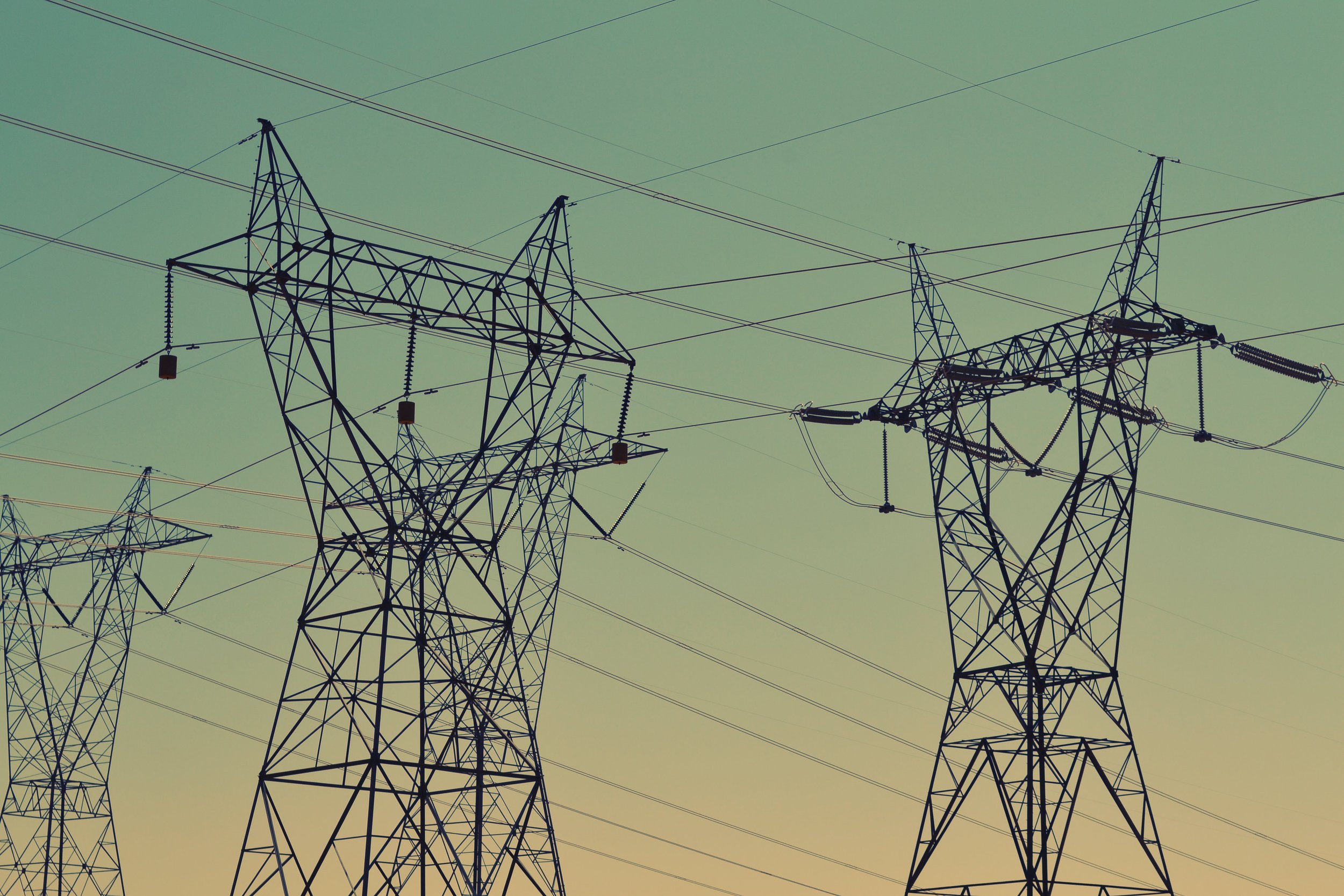
EV rollout will require huge investments in strained U.S. power grids
The share of electric vehicles on U.S. roads is expected to reach 15% in the coming years. The transition promises new revenue for utilities and an opportunity to store renewable energy - but it also requires large investments to overhaul creaky infrastructure.
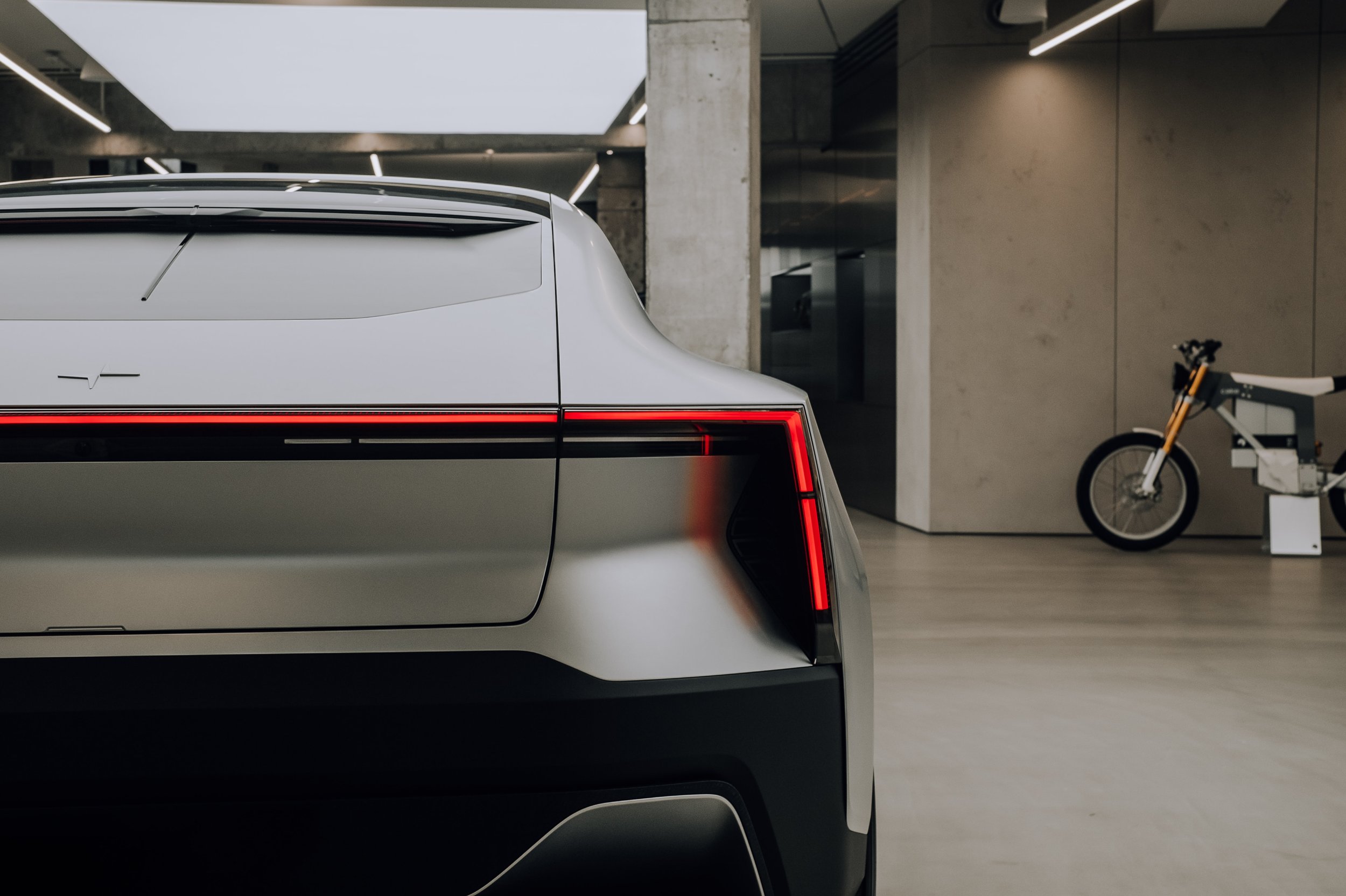
How Chinese EV companies use rental car companies to enter Western markets
U.S. and European rental car agencies are developing their EV strategy - but they lack crucial supply in battery-powered vehicles. Chinese manufacturers stand at the ready and have rediscovered an old playbook by other Asian manufacturers to gain a foothold in the West.
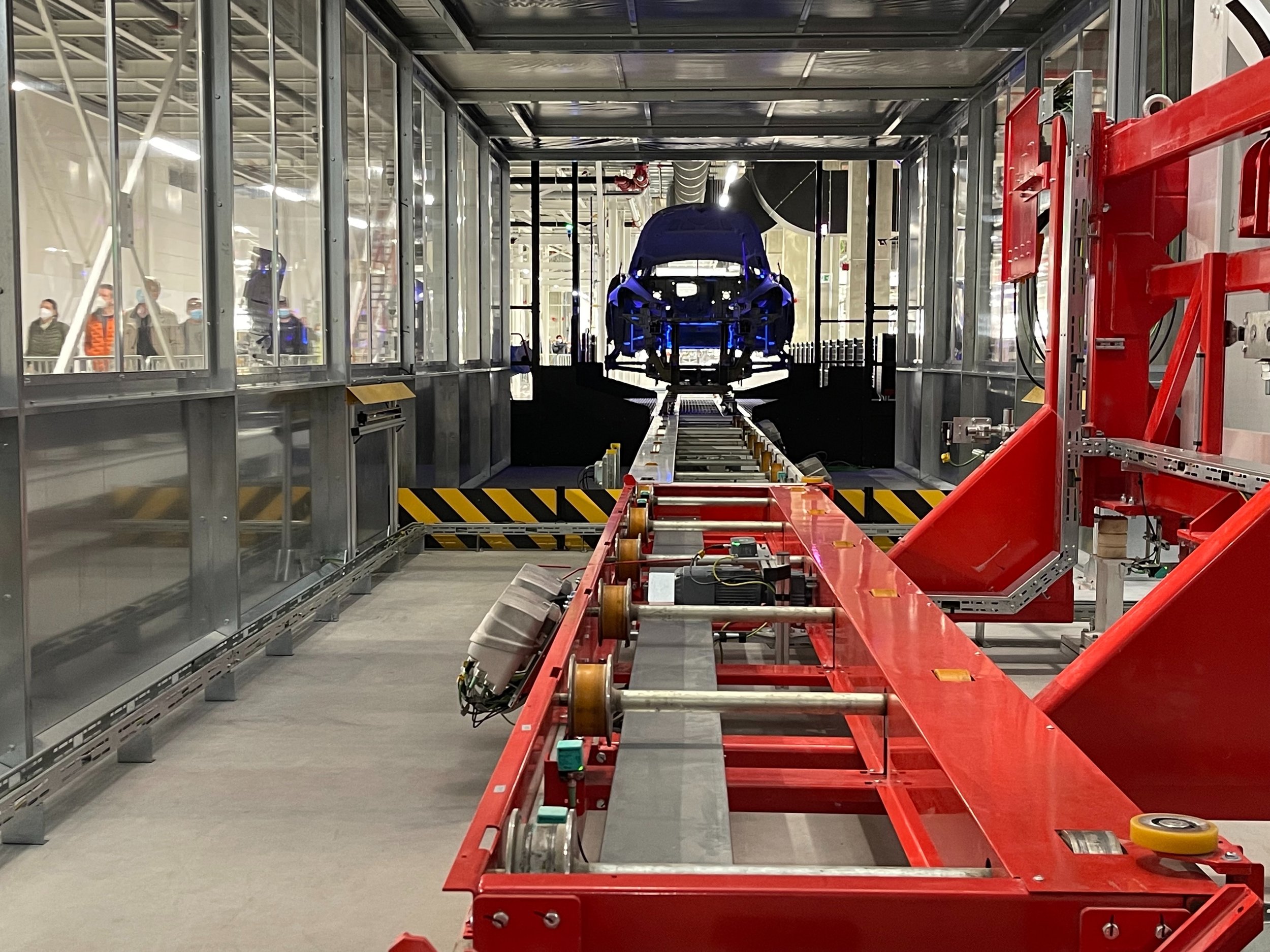
Build or buy? Automakers chasing Tesla rethink dependence on suppliers
Automakers have grown increasingly reliant on a global supplier network. Electrification is upending that approach and automakers now scramble to vertically integrate and exert control over supply chains all the way to the mine.

EV charging’s inequality problem
The vast majority of current U.S. EV charging takes place in the garages of single family homes. The Biden administration trying to incentivize providers to build out charging networks in underserved communities - but it runs up against unfavorable economic realities.

Car-dependent Austin is building public transit. Will anyone ride it?
Austin is trying to slash the share of local car commuters, investing billions in its transit system. But the city serves as a cautionary tale to thousands car-centric American cities as the U.S. aims to reduce emissions from the transportation sector.
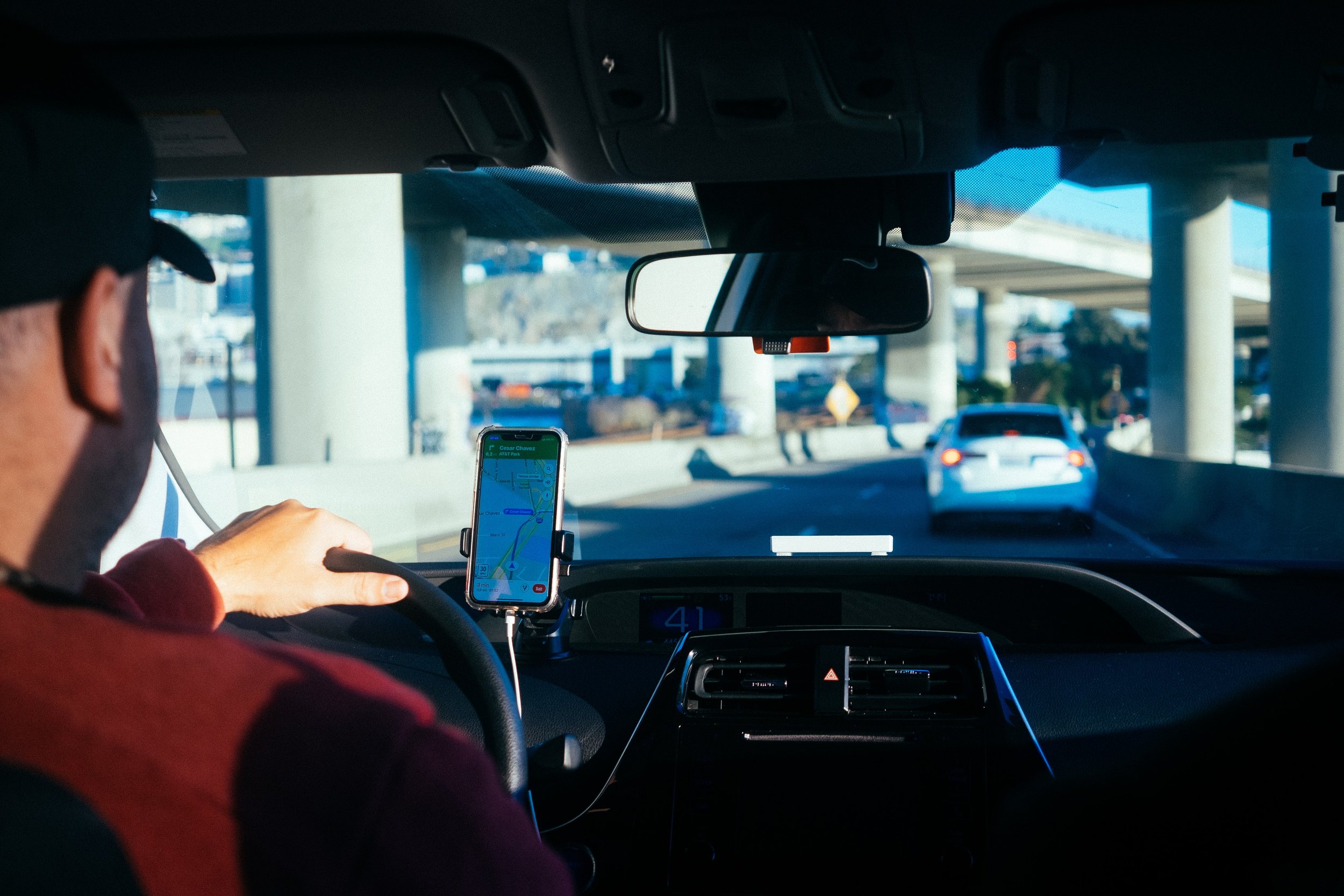
Uber’s struggles to meet California EV mandate
California is mandating that nearly all trips on Uber and Lyft will have to take place in electric vehicles by 2030. That poses a tremendous economic challenge to the companies, which are calling on the state to provide more public subsidies to meet the target.
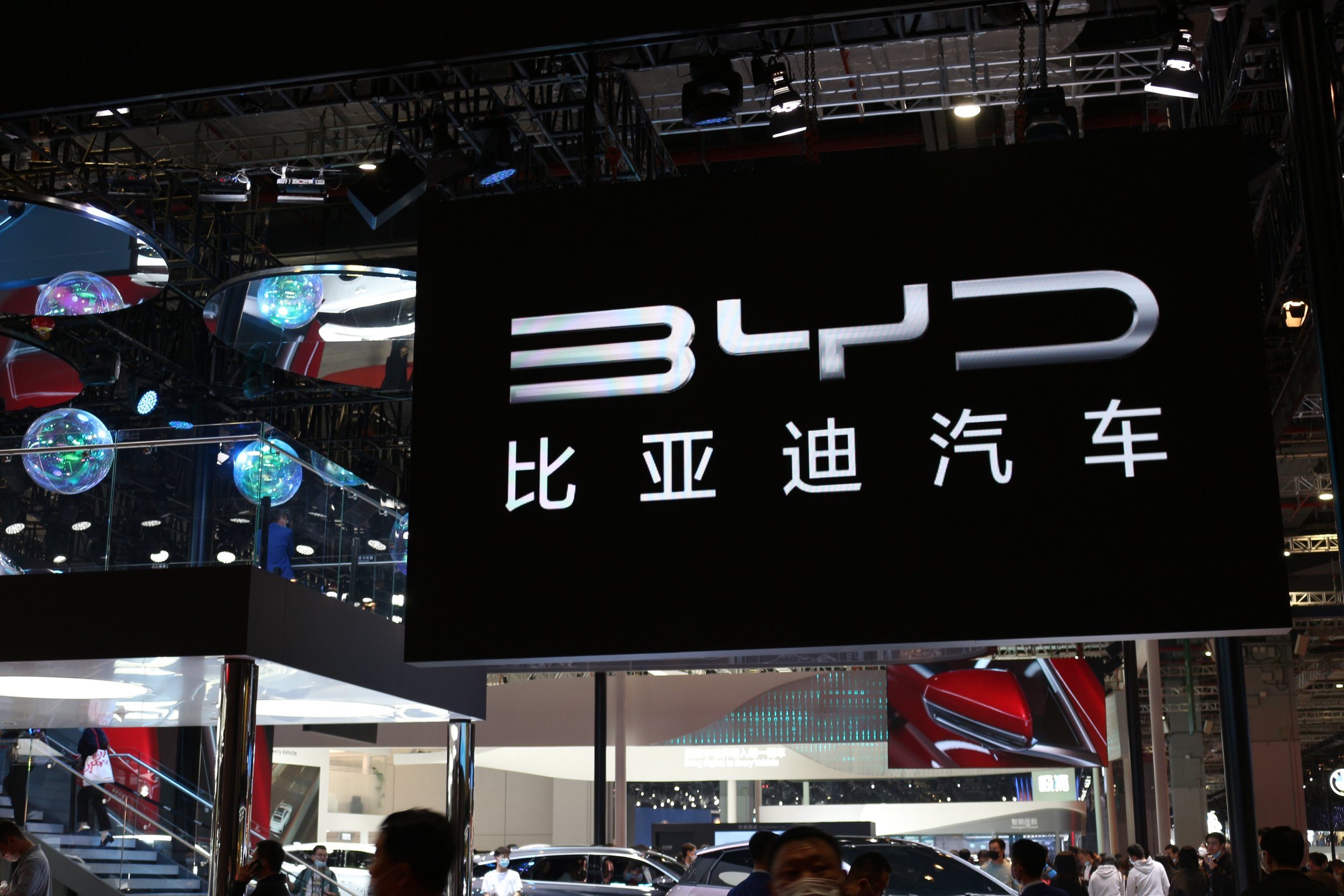
Electric bus maker BYD exposes China complications in Biden climate push
Chinese EV maker BYD commands a large share of the U.S. electric bus market. The U.S. government wants to boost EV bus sales, but BYD is a thorn in the side of the Biden administration, which wants to reduce the influence of what it considers a Chinese government controlled company.

Data analysis for the first time reveals Uber shared rides pricing strategy
My analysis of Chicago ride-hail data for the first time showed how Uber is trying to increase profitability of its Pool, or shared rides segment - at the detriment of lower-income customers who heavily rely on the service.
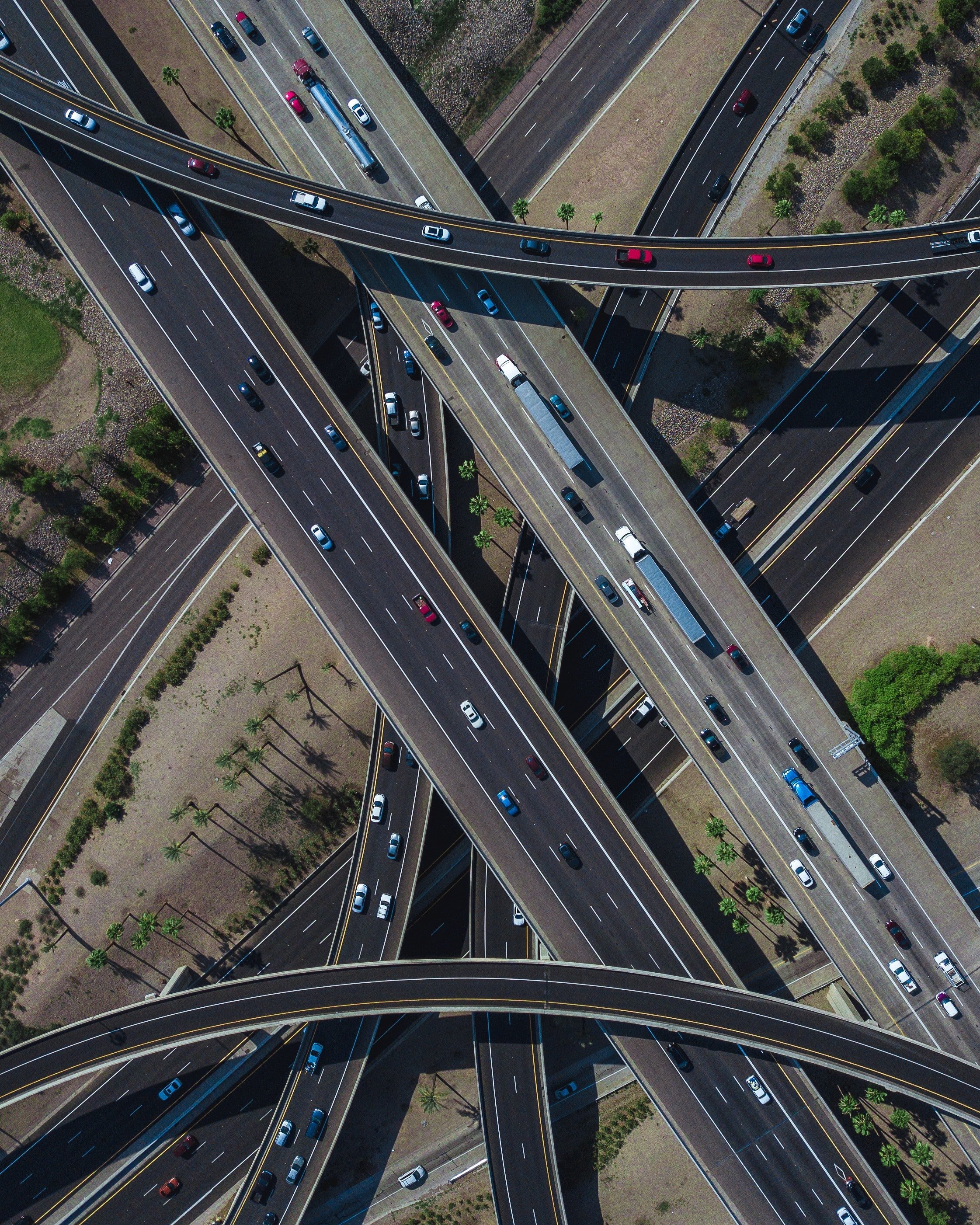
U.S. highway expansions increase traffic and pollution, environmental groups say
The U.S. plans to spent tens of billions of dollars to build out highway infrastructure that environmental groups say will only create more traffic and pollution without providing Americans with alternative transportation options.
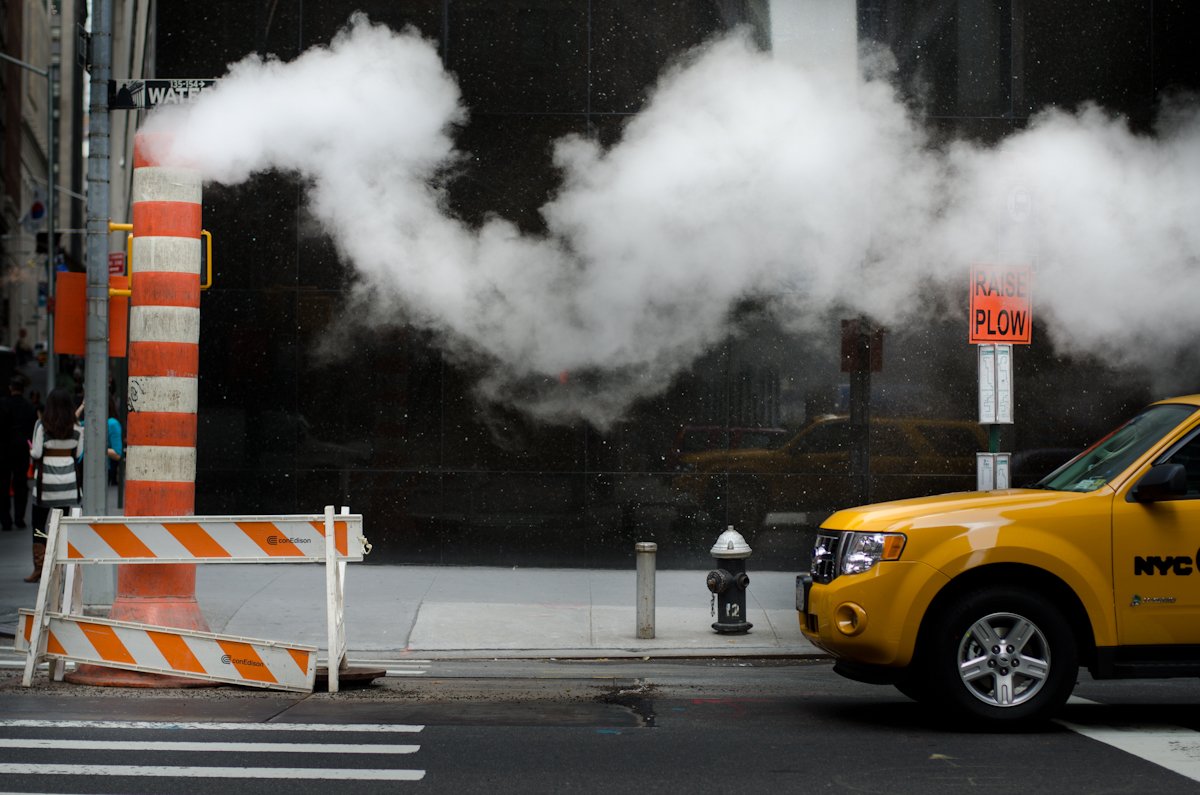
Ride-hailing increases emissions, contributes to climate pollution
Several studies have found that ride-hail services not only draw passengers away from lower-carbon commuting alternatives like public transit and walking, but also create 50% more carbon dioxide per trip than conventional vehicles.
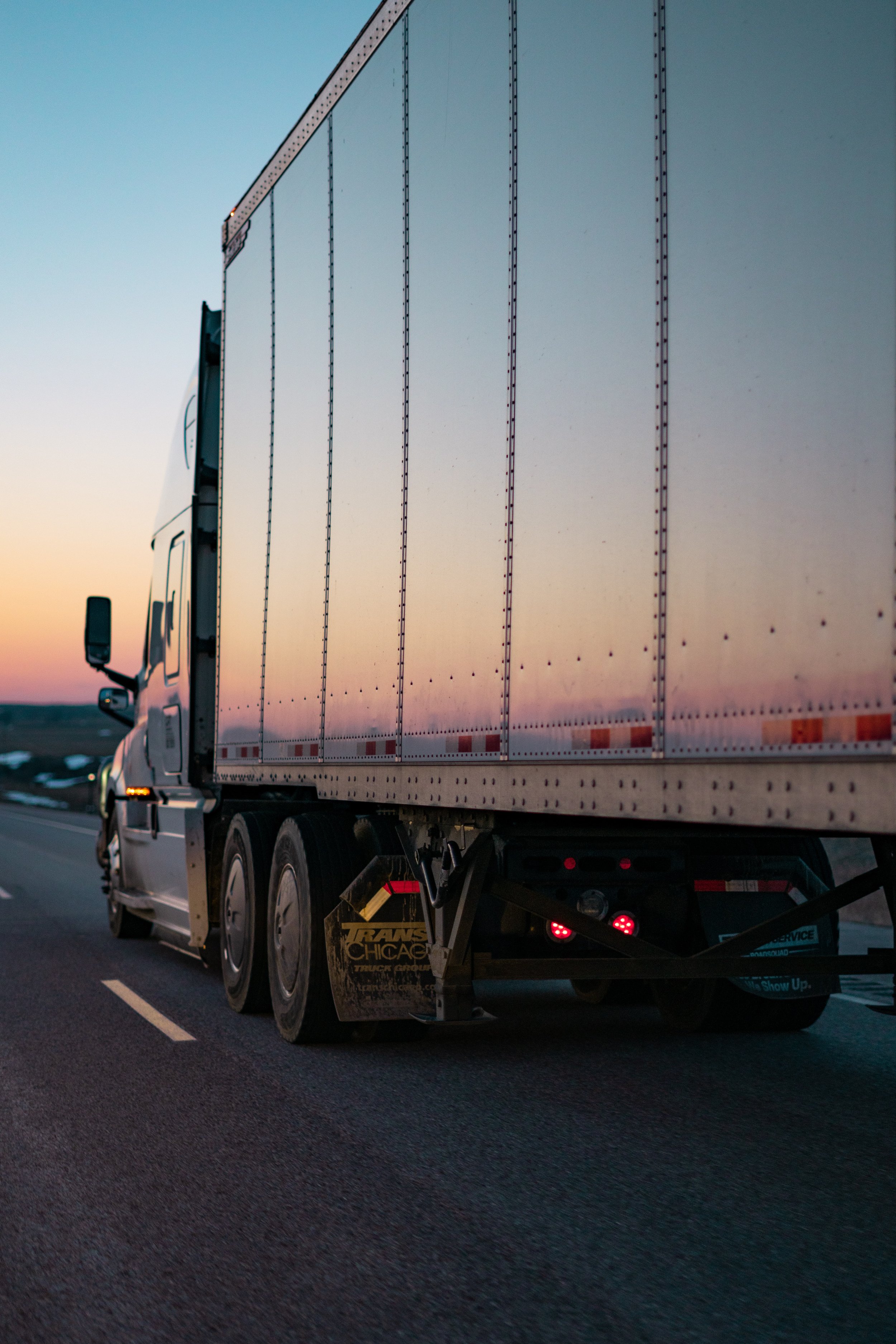
Logistics giants hedge their bets in uncertain U.S. self-driving truck race
Private investors have so far poured nearly $9 billion into U.S. self-driving trucking companies. But the technology by the startups is far from ready for prime time - and neither are their biggest customers.
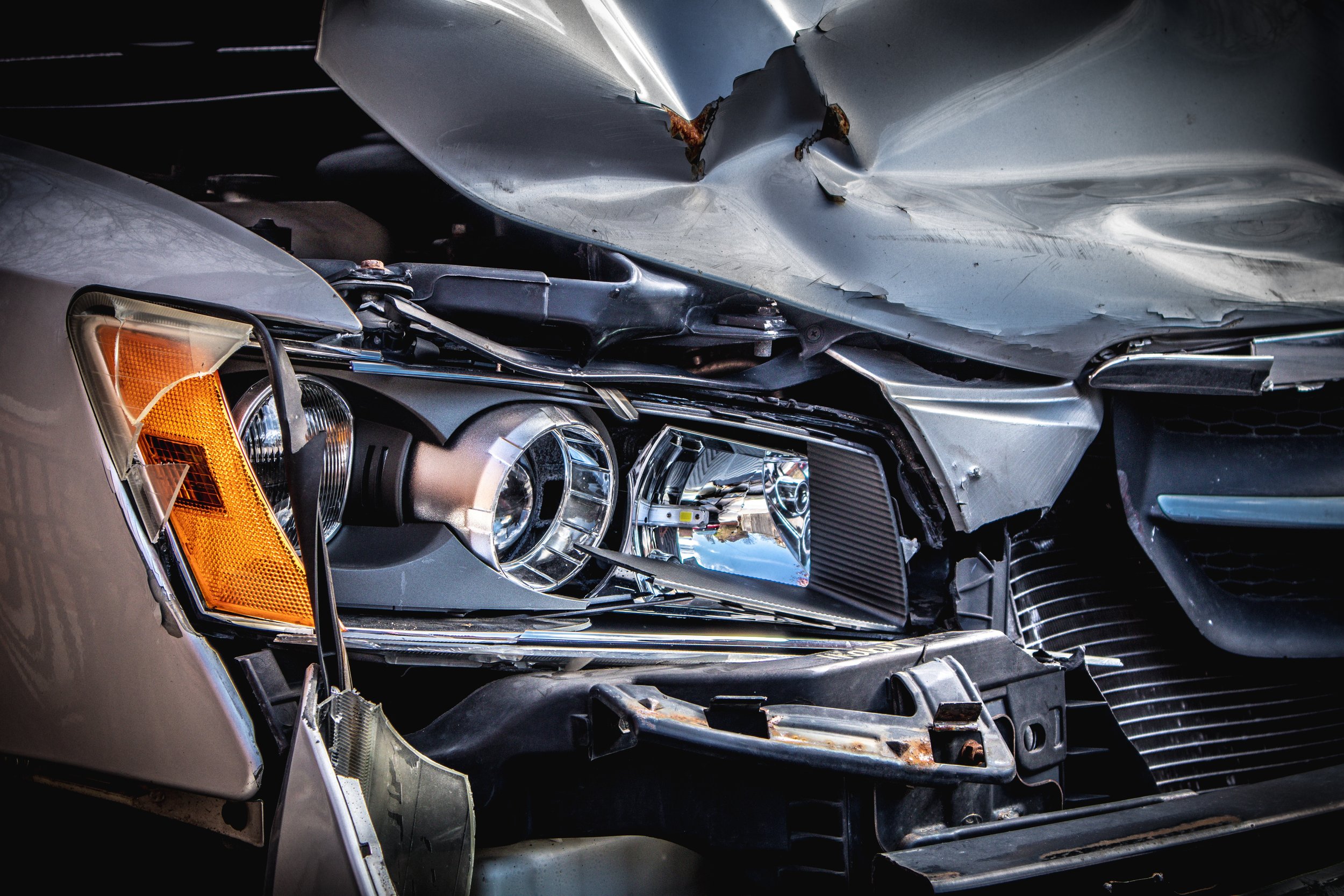
New auto safety technology leaves insurers in the dark
Automakers include novel sensor technology in a growing share of new vehicles, touting their crash avoidance capabilities while reaping high margins. But insurers, whose policy rates would have to reflect any safety increases, have yet to be convinced about the benefits of crash avoidance systems.

Empty trains, clogged roads: Americans get behind the wheel to avoid transit
A severe drop in public transit use among Americans during the pandemic has led to permanent changes in commuting patterns - and an increase in emissions.
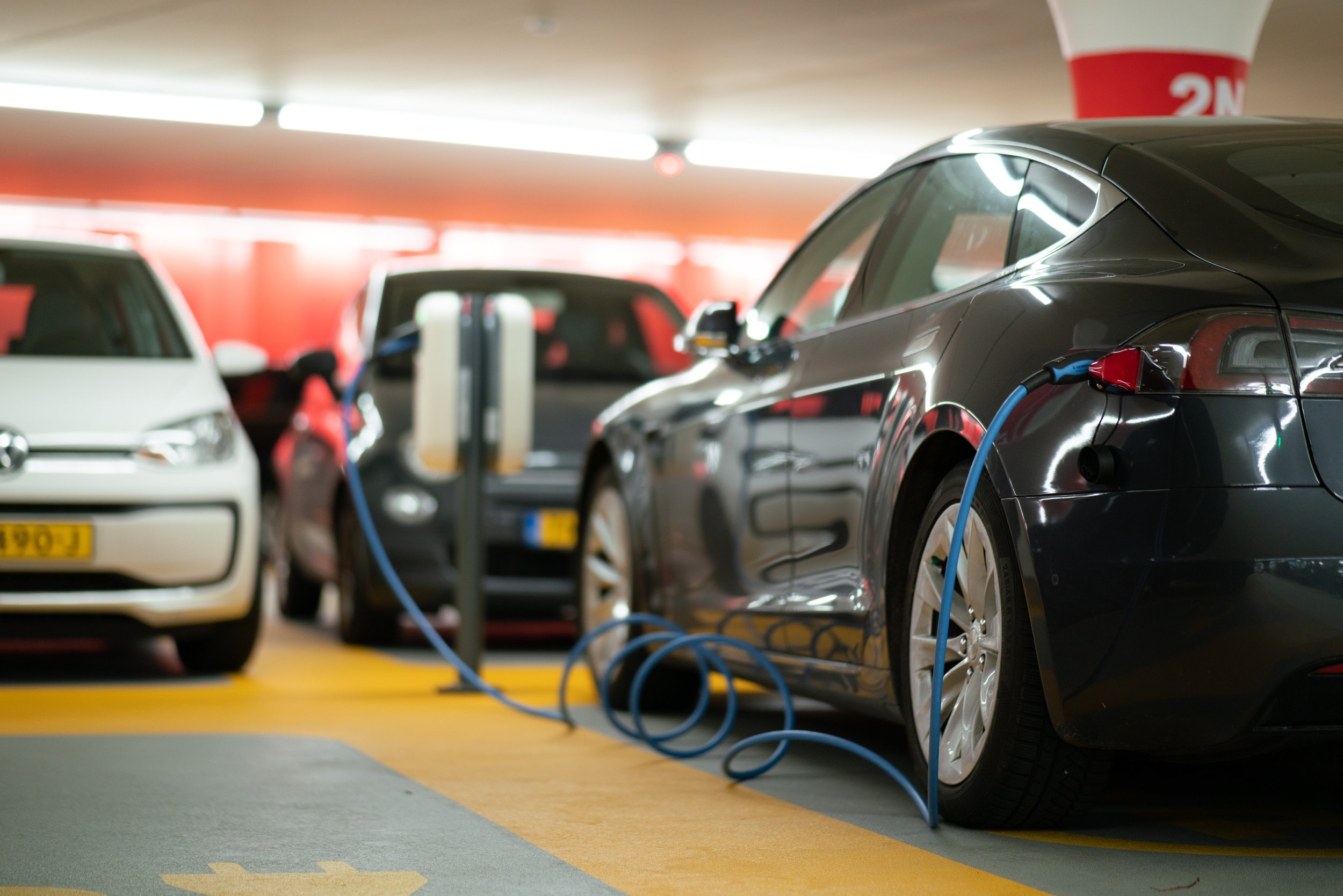
The state of America’s underdeveloped EV charging network
The U.S. wants to rapidly increase the share of its electric vehicle fleet. But the country’s charging network, on a per-capita basis, is lacking that of Europe and charger access differs widely across the country.
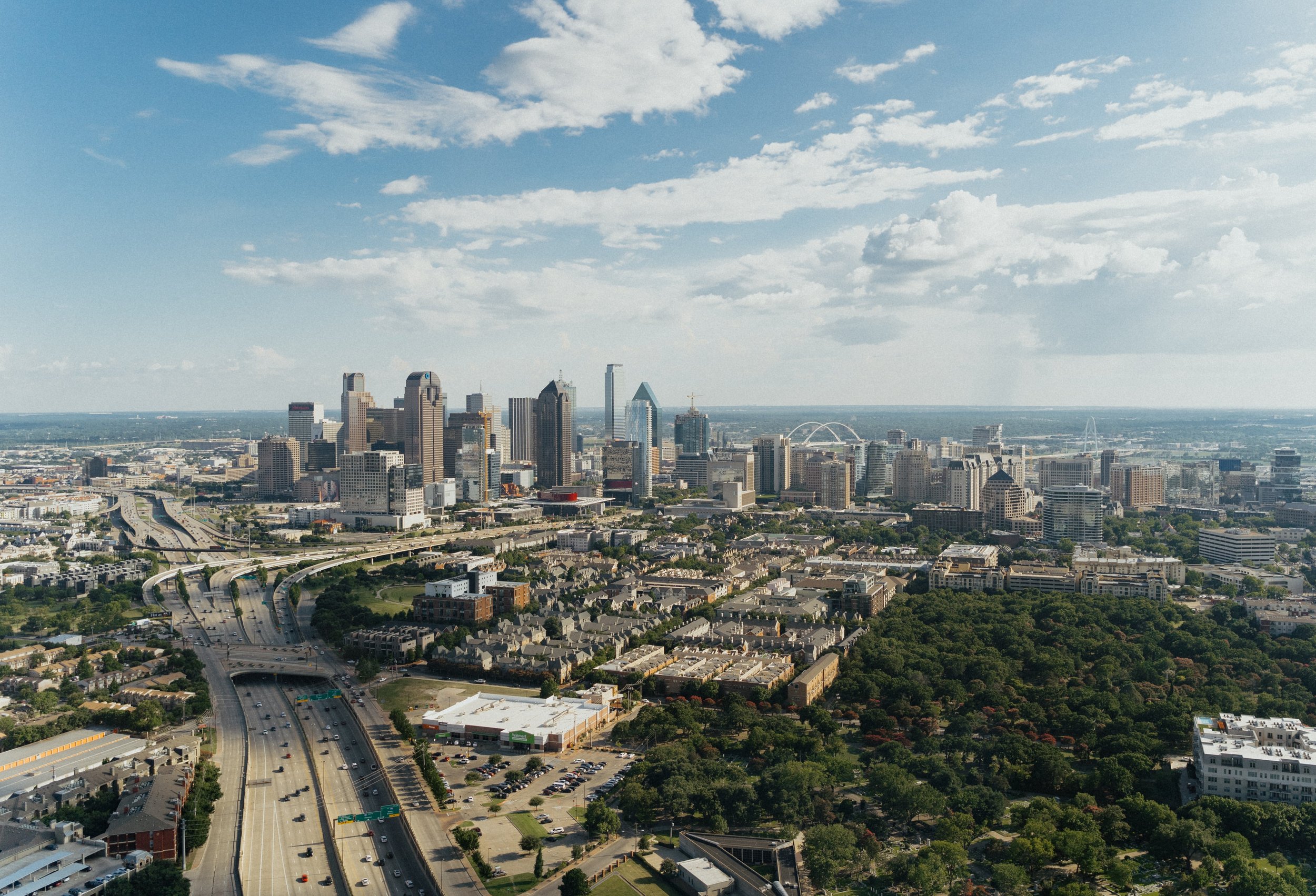
How free-wheeling Texas became the self-driving trucking industry’s promised land
Driverless big rigs could drive down Texas public highways as soon as 2023, earlier than anywhere else in the world. The state’s hands-off regulatory environment and a burgeoning consumer market have drawn self-driving trucking companies to the Lone Star state.

How the Jeep hack forced automotive suppliers to step up their cybersecurity game
Automotive suppliers operating on slim profit margins are often considered the weakest link in the cybersecurity supply chain. The industry learned that hard lesson when researchers remotely hacked a Jeep Cherokee in 2015. But automotive security poses yet unsolved challenges, including how to support software that will be in use for decades and frequently cannot be updated over the air.